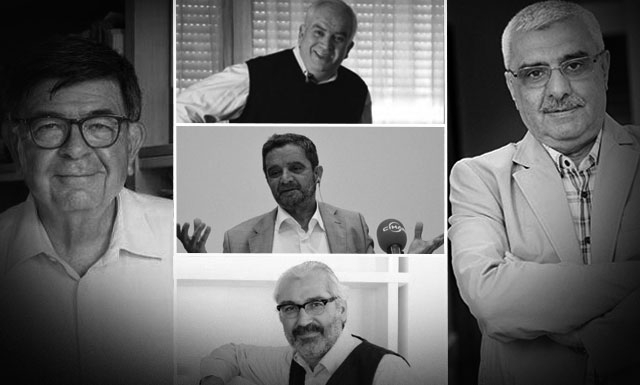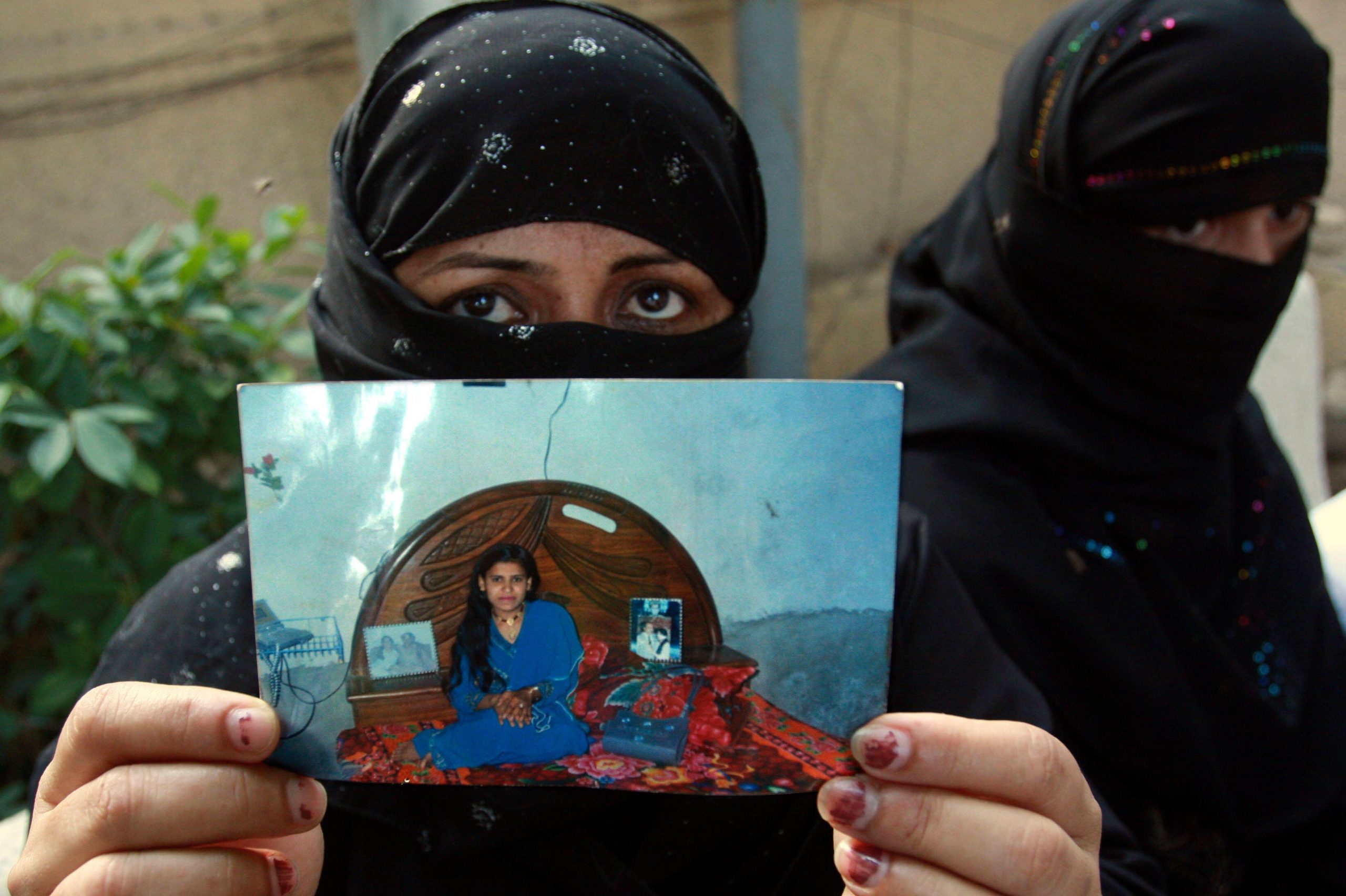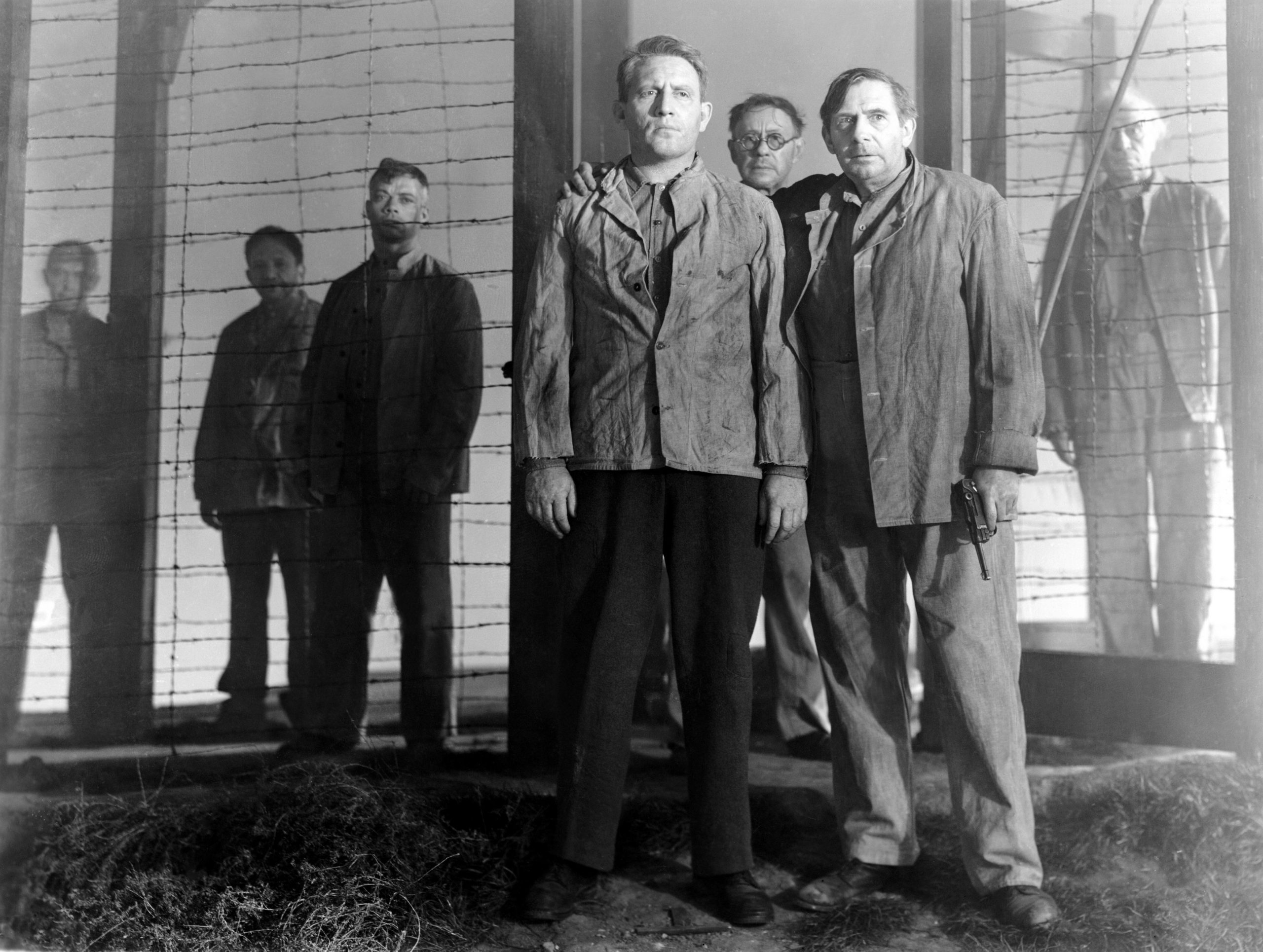[vc_row][vc_column][vc_single_image image=”96900″ img_size=”full” alignment=”center”][vc_column_text]Thirty-one people, mostly Zaman journalists, appeared before a judge for the second time on 8 December on charges of aiding Turkey’s failed coup attempt of 15 July 2016 in a session held in the courtroom on the territory of the Silivri Prison Complex, which is currently home to some 150 journalists.
Most of the suspects were marking their 500th day in prison on the day of the trial. The world didn’t seem to care.
The crowds that attended the Cumhuiyet trial weren’t there. Only suspects’s families, several international observers and reporters from just two agencies and a local journalism organisation followed the hearing, which went on until after midnight. Among the defendendts were famous columnists as Şahin Alpay and Ali Bulaç.
Article 19’s representative posted a picture of the lonely courthouse with a tweet: “At the courtroom for #zaman trial, including several journalists and famous columnist Sahin Alpay. Apart from relatives of defendants there is hardly anyone here #journalism is not a crime.”
Zaman was the flagship newspaper of the Fethullah Gülen network, which has been declared public enemy number one since the attempted coup. Turkey claims that the Gülen network — with which the government had fallen out in 2012 — was behind the coup attempt. But foes of the government love to hate the Gülen movement, and maybe rightly so. At the peak of their power, prosecutors affiliated with the Gülen network conducted investigations into writers, secularist military officers and others, accusing them of plotting a coup against the then prime minister, Recep Tayyip Erdoğan, and the ruling Justice and Development Party (AKP). Many, including journalist Ahmet Şık, were jailed for months, some even years, on what today are known to be mostly false charges.
The suspects, who already submitted their full defense statements in the first hearing in September, were allowed to speak in the second hearing. As is the case in most of Turkey’s politically motivated trials, the sense of a combination of personal tragedy and Turkey’s own traumas over the past decade — starting with growing polarisation, which some say lies in the heart of Turkish President Erdoğan’s successive election victories; unnamed regime change; a bloody coup attempt was almost palpable in suspect testimonies. Some were fearful, some resentful, some apologetic. Many said they regretted having written at Zaman, while few said they were proud.
Former Zaman writer Ahmet Turan Alkan’s defense statement was unapologetic. He spoke clearly, distinctly and with purpose. Looking at the judges, he said:”You can’t take 500 days stolen from the life of a person lightly. For this reason, I ask of you to forgive me, I am a little bit angry, I am enraged.”
Alkan stressed the violations of due diligence, which have also been pointed out by international observers, “You are more aware of this fact than I am: This case is the result of a vengeful ambition, of political grudge. The accusations against me are mind bogglingly severe , while the evidence department is empty.”
He continued: “Is it that easy in this Republic of Turkey, which is governed by rule of law, to steal 500 days of the life of a person on such light and facetious accusations? I will answer: Yes. Is it that cheap playing with my life, honor and professional reputation? The answer is yes. “
The former Zaman writers also chastised some of the other defendants, who in their statements said their affiliation with Zaman had been a mere result of the circumstances. “I wrote at Zaman for 20 years. I am a Zaman columnist. I wrote what I believed in. I have no political commitments to anyone, neither to Recep Tayyip Erdoğan or Fethullah Gülen, and I am proud of this. This will be the most meaningful legacy I will be leaving to my grandchildren and children. Because I don’t know if I will walk out of prison alive.”
He said he was angry at the state. “I was a nationalist in my youth, I wish that God will forgive me.” The journalist also had a message for the judges: “The government until today has never owned up to any of its mistakes. It’s always been bureaucrats who have had to pay the price.”
“I don’t expect to see compassion or justice from you. I just need you to put concrete laws to work,” he said, and finally completed his statement:“There are such courts that it is better to be the defendant in them than the judge.”
In stark contrast, former Zaman columnist and liberal academic İhsan Dağı — who was released pending trial earlier in the investigation and therefore testified via court-conferencing from Ankara, where he lives — was regretful. He said he agreed with the indictment, that the Gülen network was a terrorist organization and Zaman had become a mouthpiece for it. “I am accused because I wrote for the Zaman newspaper. I left the newspaper the moment when I understood that it had turned into a mouthpiece for FETÖ propaganda,” he said, which made him the only defendant to use the acronym used for the Gülen network by Turkish authorities. He said “FETÖ” was a “post-modern terrorist organisation,” hiding behind a legitimate face and using not its own weapons, but those of the state.
Other writers and columnists
Former Zaman columnist Lale Kemal, who was also let go after spending three months in prison, also testified via the court’s video conferencing system. She likened her ordeal to Kafka’s The Trial. She said: “There are three short paragraphs about me in the indictment. There is not a single piece of evidence against me.”
She said she was known professionally for her opposition to all military interventions, against that as a defense reporter, this has made her life difficult as she was not well liked by military officers.
“I think my being tried here has something to do with that hostility [some generals have felt towards me].”
She said she worked from home, and visited the Zaman building in Ankara maybe once or twice. “The claim that I am part of a hierarchical structure is out of reason.”
“How can I know about an organisation where the senior administration of intelligence organisations failed to monitor and prevent?”, she asked.
Lawyer Cengiz: Indicted for acting as lawyer for Zaman
Lawyer Orhan Kemal Cengiz, whose name is named only mentioned once in the indictment — on a page which lists the names of the suspects — said he was included in the investigation after filing an application with the constitutional court against the government’s appointing trustees to Zaman. Saying that throughout his career he had defended people of all creeds, Cengiz said his inclusion in the indictment was a blatant attack on the right to defense. He asked for his acquittal.
Şahin Alpay: “I was mistaken”
Columnist Şahin Alpay, who is 73 and who has complained of poor health, said he had been imprisoned for more than 16 months. Alpay said he was accused on the basis of seven articles published in the Zaman daily three or four years ago.
Alpay said the articles showed his commitment to parliamentary democracy and the rule of law, saying they were evidence in his favor, not against. “Everyone knows that I defend exclusion of violence from politics as a fundamental principle.“
“I sent in my articles via email and I never worked as an editor or executive at the newspaper. If there had been a judicial ruling about the Gülen network being a criminal organisation, I wouldn’t have written for Zaman for another day. If it had ever occurred to me that the members of this movement will one day participate in a coup attempt, I would have never written for Zaman,” he said.
“I was mistaken because I failed to see the dark and secret face of the Gülen movement, to that, I’ll admit. I am not a terrorist. I have always been against violence and terrorism all my life.”
He also said he was not an enemy of the government, but had merely criticized its policies after 2011.
No evidence against suspects
Many suspects in the trial — journalists and financial or advertising staff alike — said they weren’t sure what the indictment accuses them of. Mustafa Ünal, another former columnist, said “I have been under arrest for 500 days. I don’t know why I am under arrest. I am not a terrorist. I have written thousands of articles. I haven’t uttered a single word in favor of a coup. I am not a member of a terrorist organisation. If you claim the contrary, you should prove it.”
Columnist Ali Bulaç said: “That I wrote for Zaman is shown as an element of crime, there is no other evidence.”
Another Mümtazer Türköne, “Many people here don’t have any idea what they are accused of. The articles presented here can only be presented in my favor as each of them contained arguments against coups and for democracy.”
Both Bulaç and Türköne had been with Zaman for a very long time and both are well known writers.
İbrahim Karayeğen, a former editor said, “I don’t know what I am accused of. I can only make guesses. I worked as a night shift editor at Zaman for 12 years. I wasn’t an executive, I had no say on editorial policy. I understand that it is journalism on trial here. Journalism is not a crime,” he said.
Mehmet Özdemir: “I have been a journalist for 20 years. I haven’t done anything else. There is no evidence against me in the indictment, and nor can there be any. Because there is no crime.”
Defendants Şeref Yıldız, Onur Kutlu, İsmail Küçük and Hüseyin Belli, who were imprisoned for accepting old vehicles in return for premium payments owed by Zaman, also asked for their acquittal. Kutlu, Küçük and Belli were released in the court’s interim ruling.
The next hearing will be heard on 5 April 2018. [/vc_column_text][/vc_column][/vc_row][vc_row][vc_column][vc_custom_heading text=”Mapping Media Freedom” use_theme_fonts=”yes”][vc_separator color=”black”][vc_row_inner][vc_column_inner width=”1/4″][vc_icon icon_fontawesome=”fa fa-times-circle” color=”black” background_style=”rounded” size=”xl” align=”right”][/vc_column_inner][vc_column_inner width=”3/4″][vc_column_text]
Index on Censorship monitors press freedom in 42 European countries.
Since 24 May 2014, Mapping Media Freedom’s team of correspondents and partners have recorded and verified more than 3,700 violations against journalists and media outlets.
Index campaigns to protect journalists and media freedom. You can help us by submitting reports to Mapping Media Freedom.[/vc_column_text][/vc_column_inner][/vc_row_inner][vc_separator color=”black”][/vc_column][/vc_row][vc_row][vc_column][vc_custom_heading text=”Don’t lose your voice. Stay informed.” use_theme_fonts=”yes”][vc_separator color=”black”][vc_row_inner][vc_column_inner width=”1/2″][vc_column_text]Index on Censorship is a nonprofit that campaigns for and defends free expression worldwide. We publish work by censored writers and artists, promote debate, and monitor threats to free speech. We believe that everyone should be free to express themselves without fear of harm or persecution – no matter what their views.
Join our mailing list (or follow us on Twitter or Facebook) and we’ll send you our weekly newsletter about our activities defending free speech. We won’t share your personal information with anyone outside Index.[/vc_column_text][/vc_column_inner][vc_column_inner width=”1/2″][gravityform id=”20″ title=”false” description=”false” ajax=”false”][/vc_column_inner][/vc_row_inner][vc_separator color=”black”][/vc_column][/vc_row]





